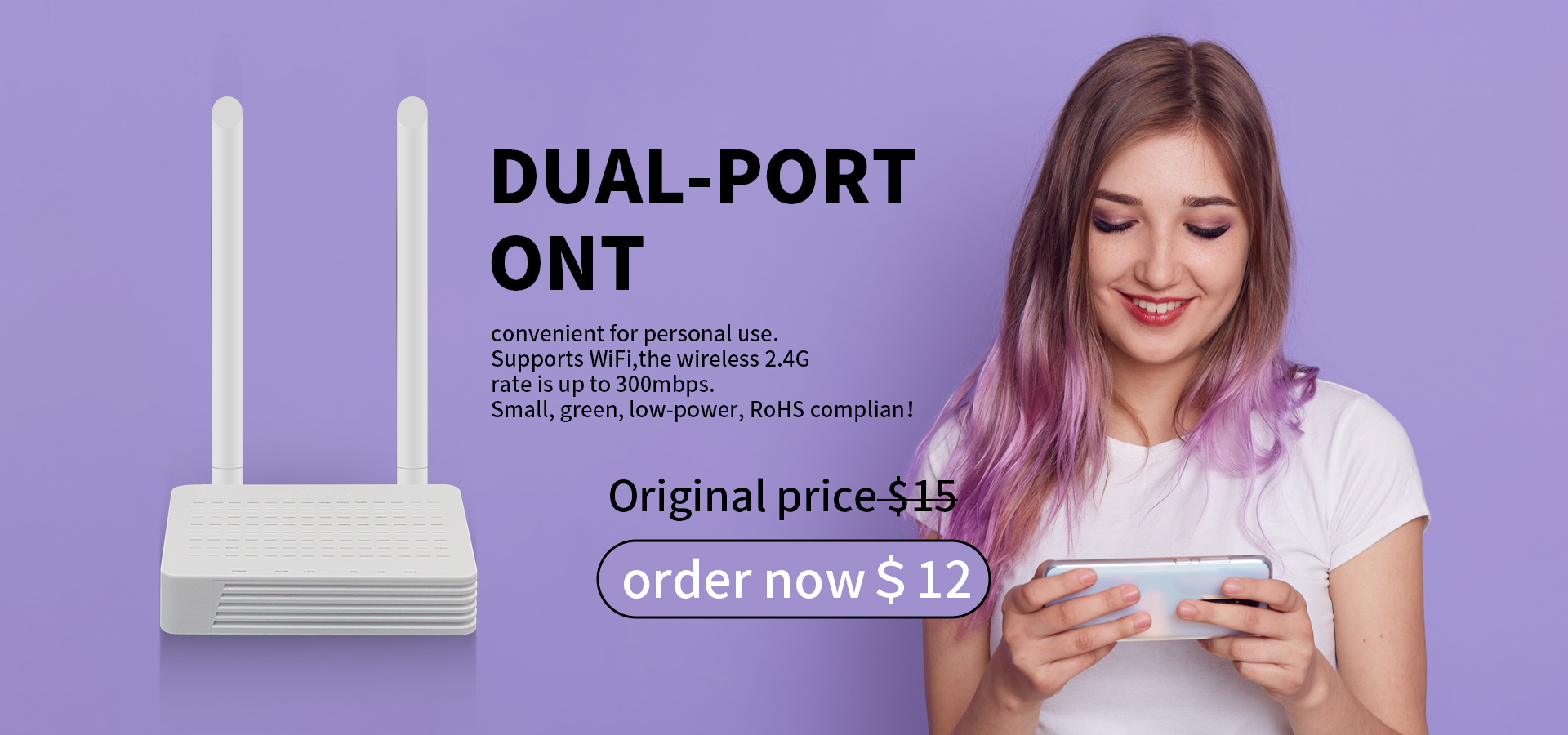Determining a good internet speed is a relative task, influenced by various factors such as the ISP's promised speed, the location, and the user's manner of usage. Testing and analyzing the network can provide a clearer understanding of an individual's internet connection and facilitate optimization when necessary.

The definition of internet speed involves considerations of the fee paid, location, and usage patterns. Wired connections tend to be more stable and faster compared to wireless ones. However, speed variations exist across different network environments and usage scenarios, evidenced by the fluctuating average speeds of mobile networks under different standards and in various regions.
For users, testing internet connection speed is relatively straightforward. There are multiple testing websites available, but it's essential to note that the most accurate test results are typically provided by the ISP. Additionally, it's crucial to recognize that network speed is affected by multiple factors, including network congestion, distance from servers, hardware devices, and time periods.
When users find their internet speed falling below the ISP's promised theoretical maximum, several potential causes may be considered: network congestion, distance from servers, hardware issues, peak time periods, selective limitations, and software problems. Users can take various measures to attempt speed optimization, such as managing network congestion, optimizing hardware devices, and avoiding peak usage times.
However, if after attempting these optimization methods, the internet speed remains significantly lower than expected, users may need to consider upgrading their internet service. Before doing so, it's essential to contact the ISP and conduct a final speed test to ensure that the issue does not stem from other factors. If a speed problem is identified, inquiring about and understanding the next tier of service from the ISP might be a potential solution.
For users who find a substantial discrepancy between the paid and actual speeds, promptly contacting the ISP and discussing potential resolutions is crucial. If the speed drop is due to an error on the provider's end, users have the right to compensation or refunds.
In summary, understanding the complexity of internet speed and implementing appropriate optimization strategies for different scenarios can help users better manage and enhance their internet connectivity experience. Additionally, maintaining communication with the ISP and monitoring network conditions are crucial steps to ensure the desired speed is achieved.